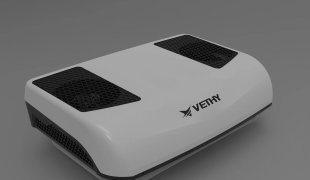The Rise of Compact Refrigeration Units: Transforming Urban Logistics
December 12, 2024
The Rise of Compact Refrigeration Units: Transforming Urban Logistics
In the fast-evolving landscape of urban transportation and delivery services, small refrigerated vehicle air conditioners have emerged as a game-changing technology. These innovative cooling systems are revolutionizing how businesses approach last-mile delivery, particularly for temperature-sensitive goods.
In the dynamic world of modern transportation and delivery services, small refrigerated vehicle air conditioners have emerged as a revolutionary technology that is fundamentally changing how businesses approach last-mile delivery and temperature-sensitive logistics. These innovative cooling systems represent a sophisticated solution to the complex challenges of urban and regional transportation.
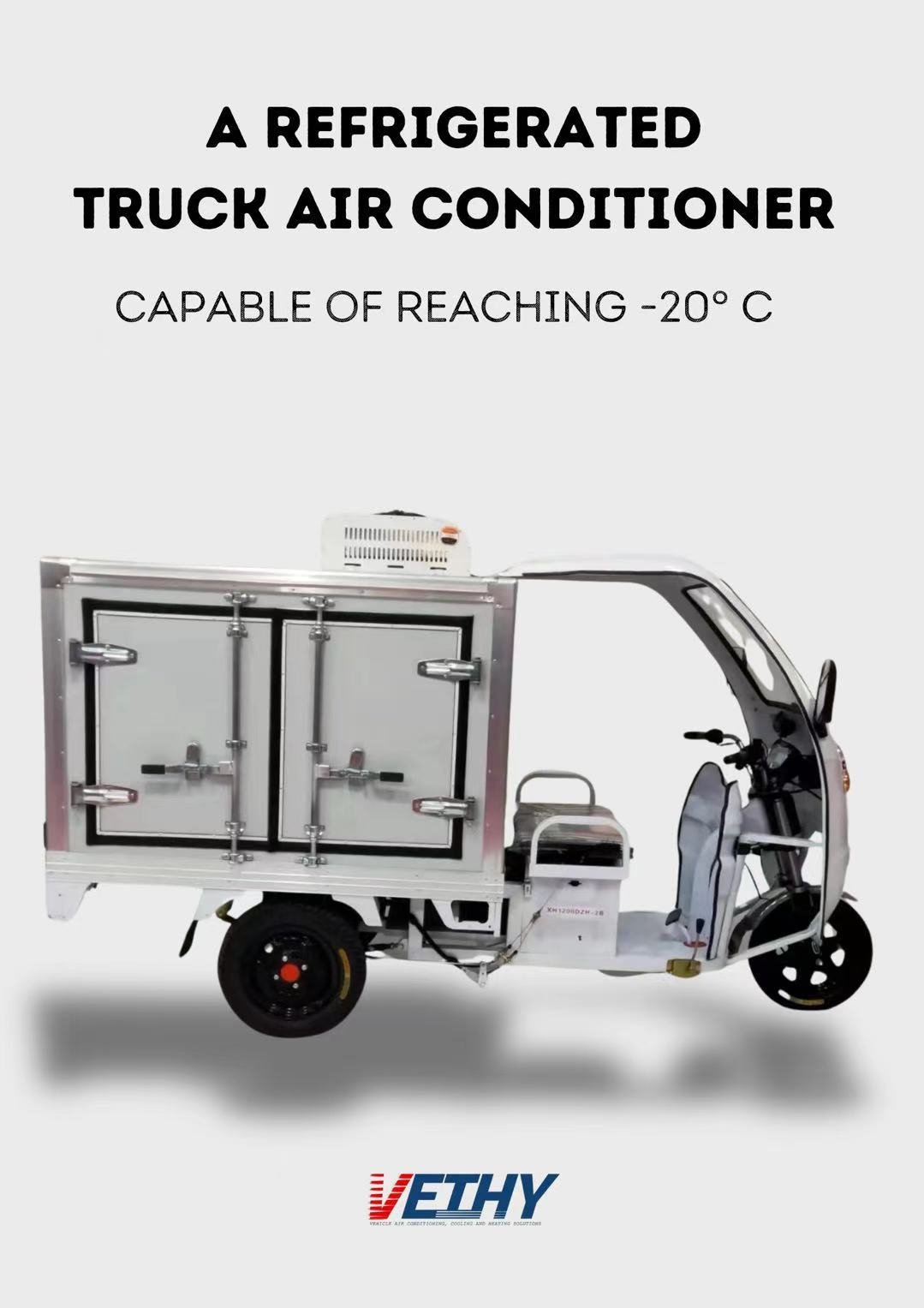
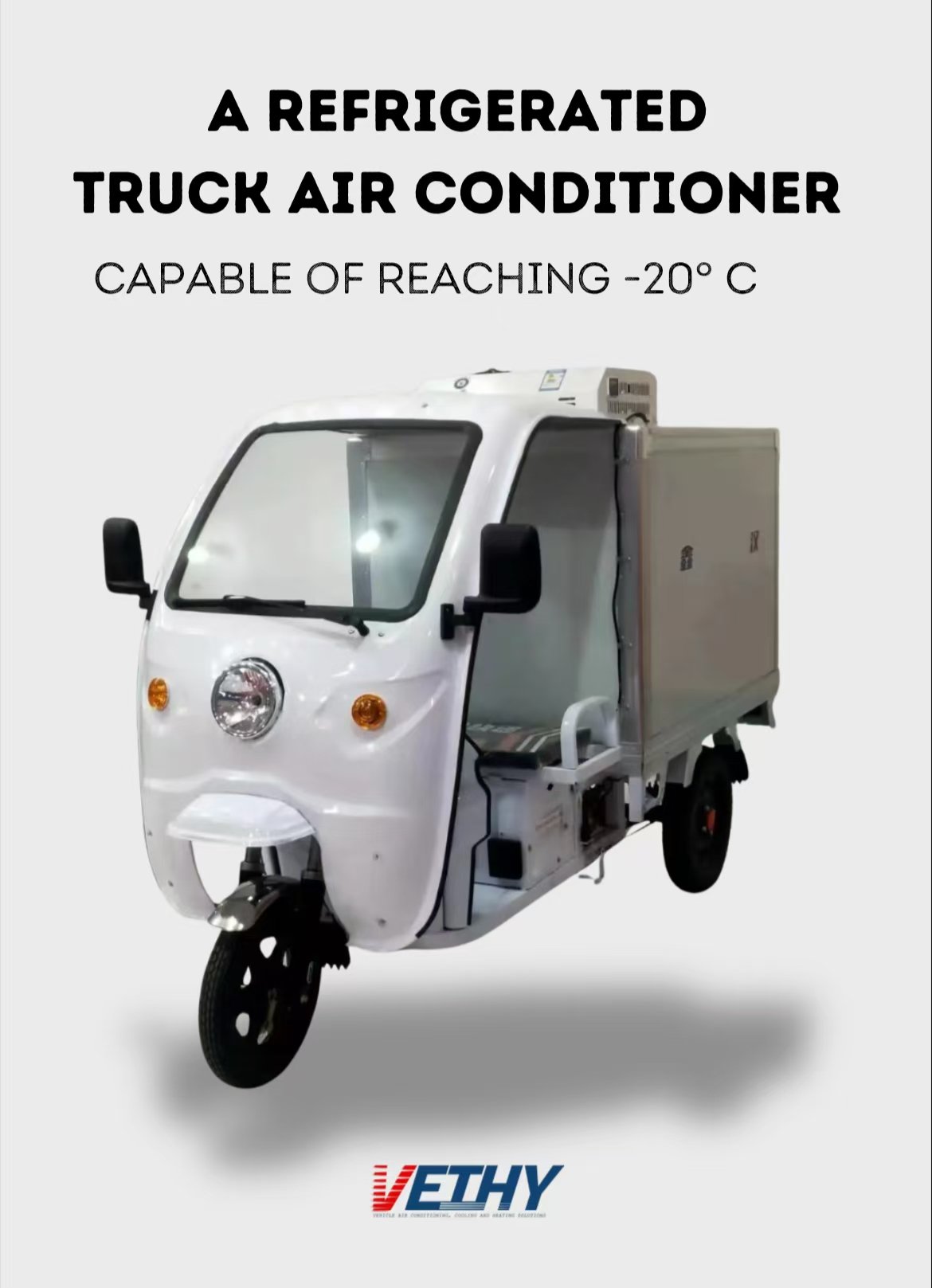
Versatility and Efficiency
Modern compact refrigeration units are designed with remarkable adaptability. Specifically engineered for small electric three-wheelers with 1-7 cubic meter cargo spaces, these air conditioning systems address the unique challenges of city and county transportation. They enable seamless delivery of critical products like fresh milk, high-end fruits, frozen goods, ice cream, and other perishable items that require precise temperature control.
Technological Sophistication
What sets these refrigeration units apart is their advanced technological features. Utilizing sophisticated digital microcomputer control systems, they offer unprecedented temperature management. Users can choose between DC voltages (24V, 48V, 60V, 72V) and even opt for AC220V or high-voltage DC configurations. The integration of energy-efficient dual-rotor variable frequency compressors ensures optimal cooling performance across different cargo volumes.
Key Advantages
The advantages of these compact cooling systems are multifaceted. They boast rapid cooling capabilities, large air volume, and exceptional heat dissipation through high-pressure pure copper tube evaporators. The lightweight design increases cargo capacity while maintaining robust performance. Notably, the intelligent temperature control system provides digital precision, allowing users to set and monitor temperatures with exceptional accuracy.
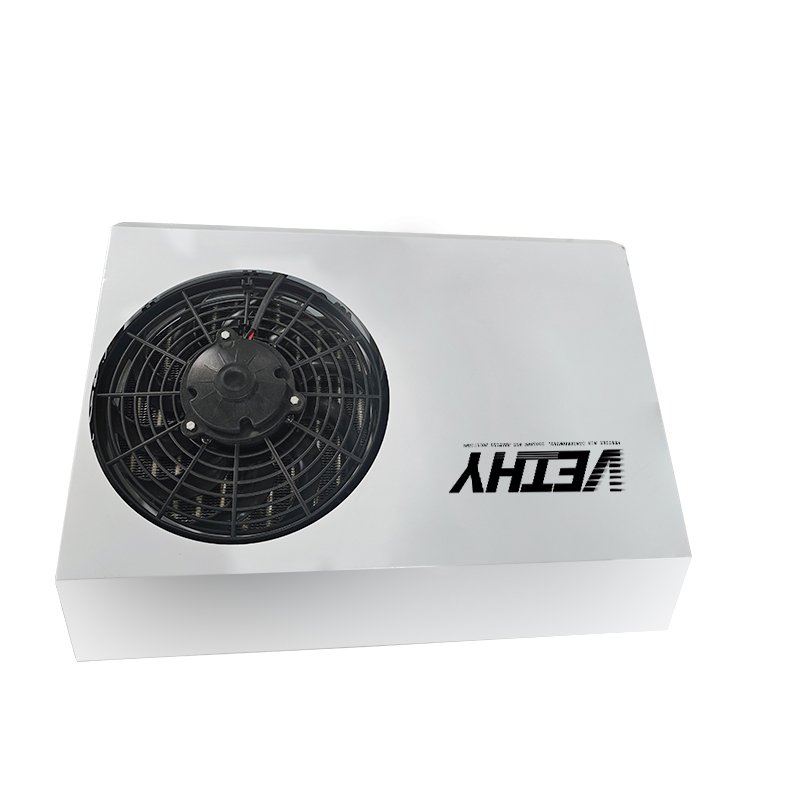
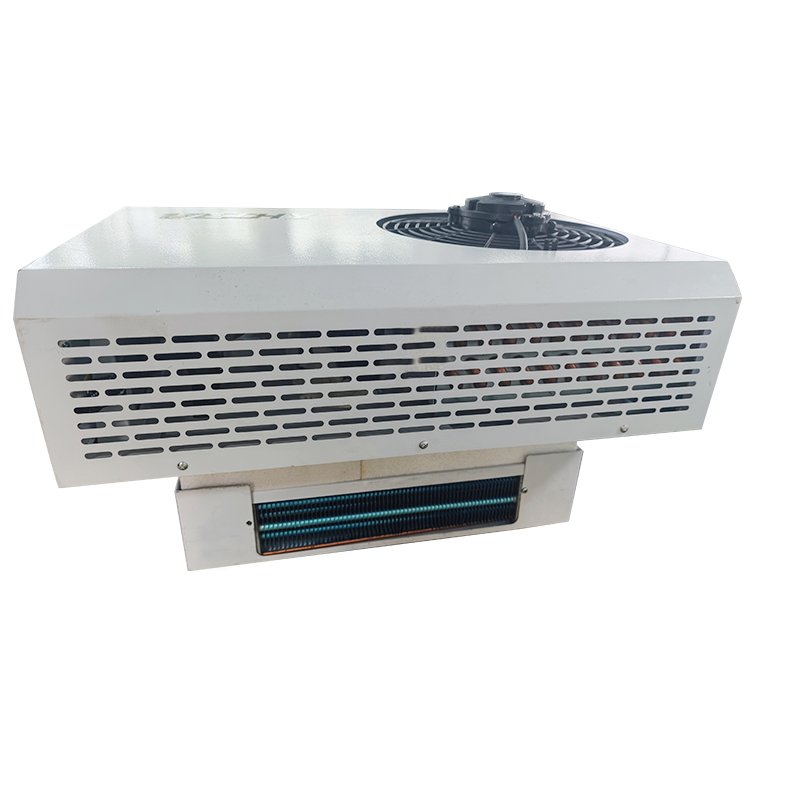
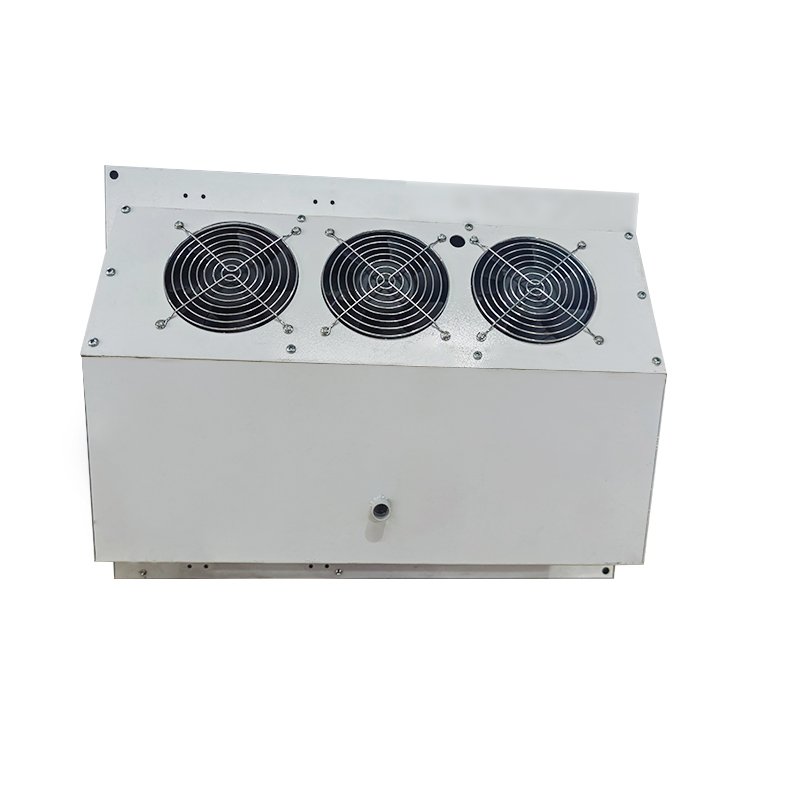
Environmental and Economic Impact
By significantly reducing energy consumption and enabling precise temperature management, these refrigeration units contribute to both environmental sustainability and economic efficiency. They support various temperature requirements—from refrigeration to freezing—making them indispensable for businesses relying on temperature-sensitive transportation.
Future of Urban Delivery
As cities continue to prioritize efficient and sustainable logistics, small refrigerated vehicle air conditioners represent a critical innovation. They not only solve practical transportation challenges but also open new possibilities for fresh produce delivery, pharmaceutical logistics, and specialized transportation services.
These compact cooling systems are more than just technological solutions—they are transformative tools reshaping urban mobility and delivery ecosystems.
Versatility and Efficiency: A Technological Marvel
Modern compact refrigeration units are engineered with extraordinary adaptability and precision. Specifically designed for small electric three-wheelers with 1-7 cubic meter cargo spaces, these air conditioning systems are meticulously crafted to address the nuanced challenges of city and county transportation. They provide an unprecedented solution for businesses that rely on maintaining precise temperature conditions during product transportation.
The systems enable seamless delivery of a wide range of critical products, including:
Fresh dairy products like milk and cheese
Premium, high-end fruits requiring careful temperature management
Frozen food items
Delicate frozen desserts such as ice cream
Pharmaceutical products
Specialized research and medical specimens
These units transform how perishable goods are transported, ensuring product quality and safety throughout the delivery process.
Technological Sophistication: The Heart of Innovation
What truly distinguishes these refrigeration units is their remarkable technological sophistication. Utilizing advanced digital microcomputer control systems, they offer unprecedented temperature management capabilities that go far beyond traditional cooling solutions. The technological ecosystem of these units is complex and intelligent.
Users enjoy remarkable flexibility with voltage options, including:
DC voltages: 24V, 48V, 60V, 72V
AC voltage: 220V
High-voltage DC: Configurable between 200V-1000V
The integration of energy-efficient dual-rotor variable frequency compressors represents a quantum leap in cooling technology. These compressors ensure optimal performance across different cargo volumes, adapting seamlessly to varying environmental conditions and load requirements.
Key Advantages: Beyond Simple Cooling
The advantages of these compact cooling systems extend far beyond basic temperature control. They represent a holistic solution to transportation and logistics challenges:
Rapid Cooling Capabilities
Exceptionally fast temperature reduction
Minimal time lag between activation and optimal cooling
Consistent performance across diverse environmental conditions
Advanced Heat Dissipation
High-pressure pure copper tube evaporators
Superior thermal transfer efficiency
Enhanced durability and long-term reliability
Intelligent Design
Lightweight construction increases overall cargo capacity
Compact form factor allows flexible installation
Minimal impact on vehicle performance and energy consumption
The intelligent temperature control system provides digital precision that was previously unimaginable. Users can set, monitor, and adjust temperatures with remarkable accuracy, creating a new standard in temperature-sensitive transportation.
Environmental and Economic Impact: A Sustainable Solution
These refrigeration units are not merely technological innovations; they are critical tools in promoting environmental sustainability and economic efficiency. By dramatically reducing energy consumption and enabling precise temperature management, they address multiple challenges simultaneously.
Key environmental and economic benefits include:
Reduced carbon footprint through energy-efficient design
Lower operational costs for businesses
Extended product shelf life
Minimized waste in transportation
Support for sustainable urban logistics infrastructure
The systems support a diverse range of temperature requirements—from standard refrigeration to deep freezing—making them incredibly versatile for various industries and applications.
Future of Urban Delivery: A Transformative Vision
As urban centers worldwide continue to prioritize efficient, sustainable, and intelligent logistics solutions, small refrigerated vehicle air conditioners represent a pivotal innovation. They transcend traditional transportation limitations, creating new paradigms for product delivery and logistics management.
These compact cooling systems are solving immediate practical challenges while simultaneously opening unprecedented possibilities:
Enhanced fresh produce delivery networks
More efficient pharmaceutical logistics
Advanced medical and research specimen transportation
Improved food safety and quality preservation
Support for emerging electric vehicle ecosystems
Conclusion: More Than Just Technology
Compact refrigerated vehicle air conditioners are far more than mere technological solutions. They are transformative tools actively reshaping urban mobility, logistics infrastructure, and our fundamental approach to product transportation.
By bridging the gap between technological innovation and practical application, these systems are writing a new chapter in the story of urban transportation—one precisely controlled degree at a time.
As we look toward the future, these refrigeration units stand as a testament to human ingenuity, demonstrating how thoughtful technological design can solve complex logistical challenges while promoting sustainability and efficiency.





